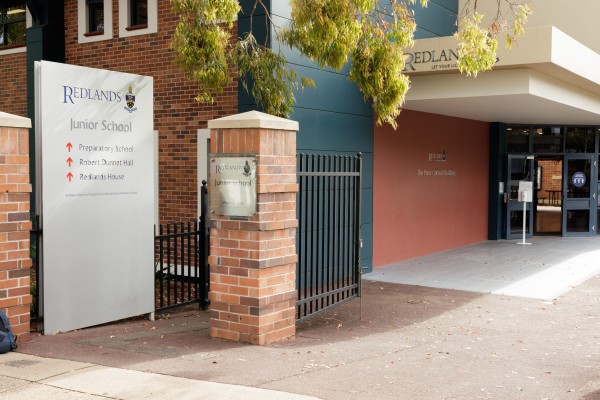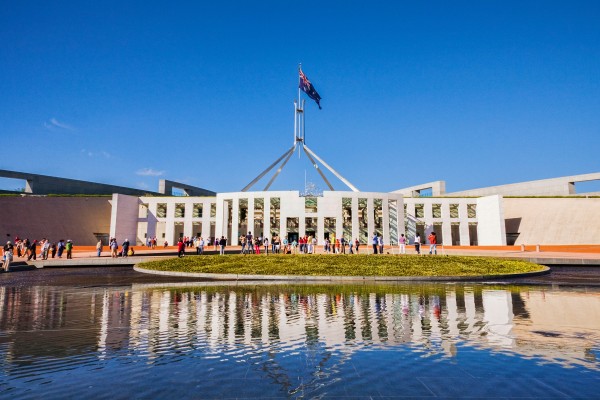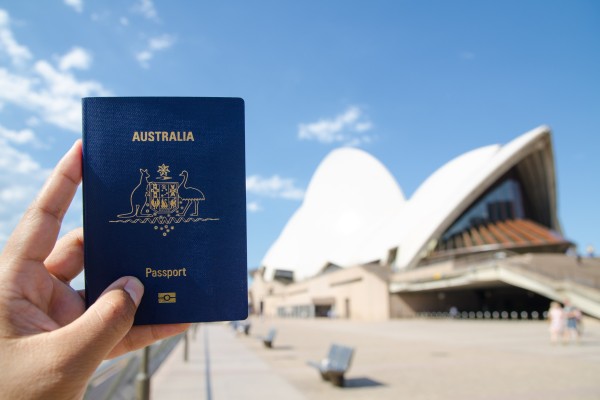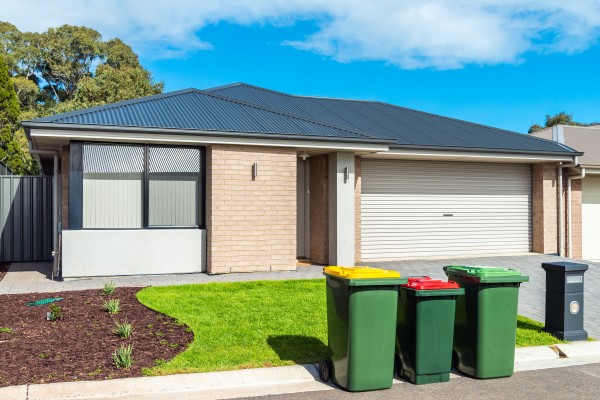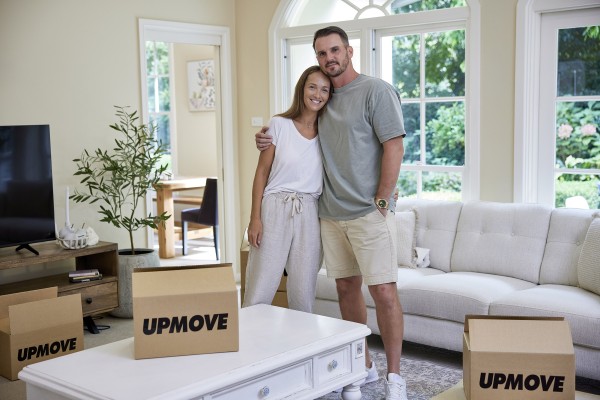Healthcare in Australia: What expats need to know
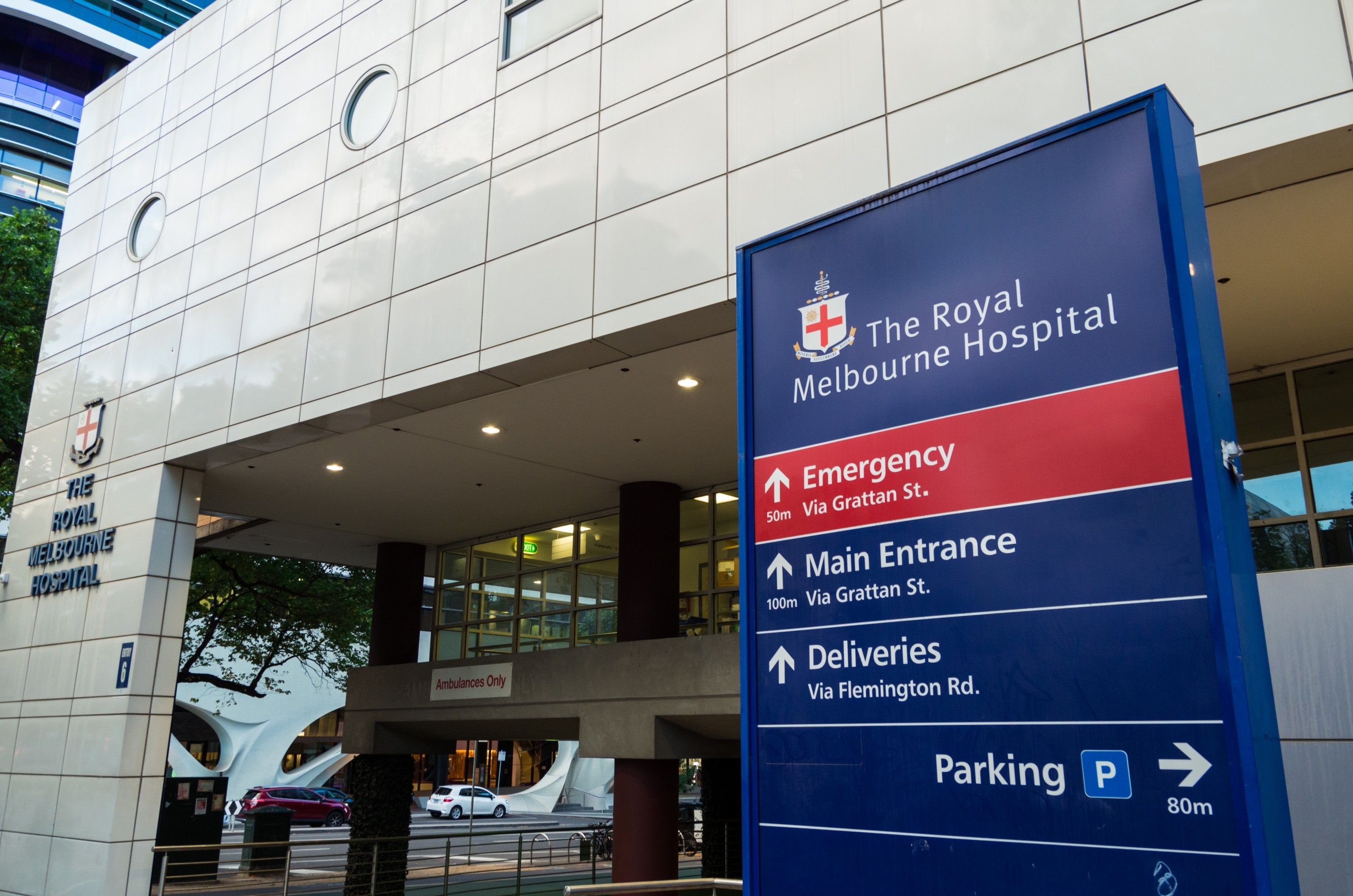
If you’re planning a move to Australia there’s certainly a lot to be excited about - the beach, warm weather, and an Aussie BBQ is never too far away.
While there’s no doubt your relocation to the land down under will bring a lot of new experiences and opportunities, there are one or two more serious things that should be considered as part of that move. Near the top of that list is accessible, affordable healthcare for you and your family.
In this ultimate guide we’re sharing everything you need to know about the healthcare system in Australia.
Public vs private care options, the ins and outs of the national medicare system, free healthcare for expats, as well as how you can access the services you need most - we’re covering it all.
Is healthcare free in Australia?
Not exactly. Australia has a national healthcare system that covers or subsidises a wide range of medical and health treatments, procedures and medicines.
While this reduces costs significantly for those citizens and residents who are enrolled in the system, it doesn’t cover everything.
In some instances patients are required to make top-up payments to cover any differences between the amount covered and the medical expense.
Australia’s health care system - overview
Australia has a public health program known as Medicare. This program is financed through tax revenue and a government levy.
Enrollment in the medicare system is automatic for Australian citizens. However, permanent residents, citizens of New Zealand and citizens of countries that have reciprocal agreements with Australia can also enrol for Medicare benefits.
These benefits include free hospital care, partial-to-full coverage of doctor appointments, and reduced pharmaceutical costs, as well as a range of other services.
While Medicare covers a wide range of medical costs, many Aussies also opt for private health insurance. In fact, more than half of the population uses private service providers in an effort to reduce waiting times and avoid paying the medicare levy (we’ll get to that later).
With this additional health cover, individuals can also tap into a range of supplementary and holistic health services at a reduced cost. This includes extras such as physio, chiro and massage.
“More than half of the population uses private service providers in an effort to reduce waiting times and avoid paying the medicare levy.”
What is medicare and how does it work?
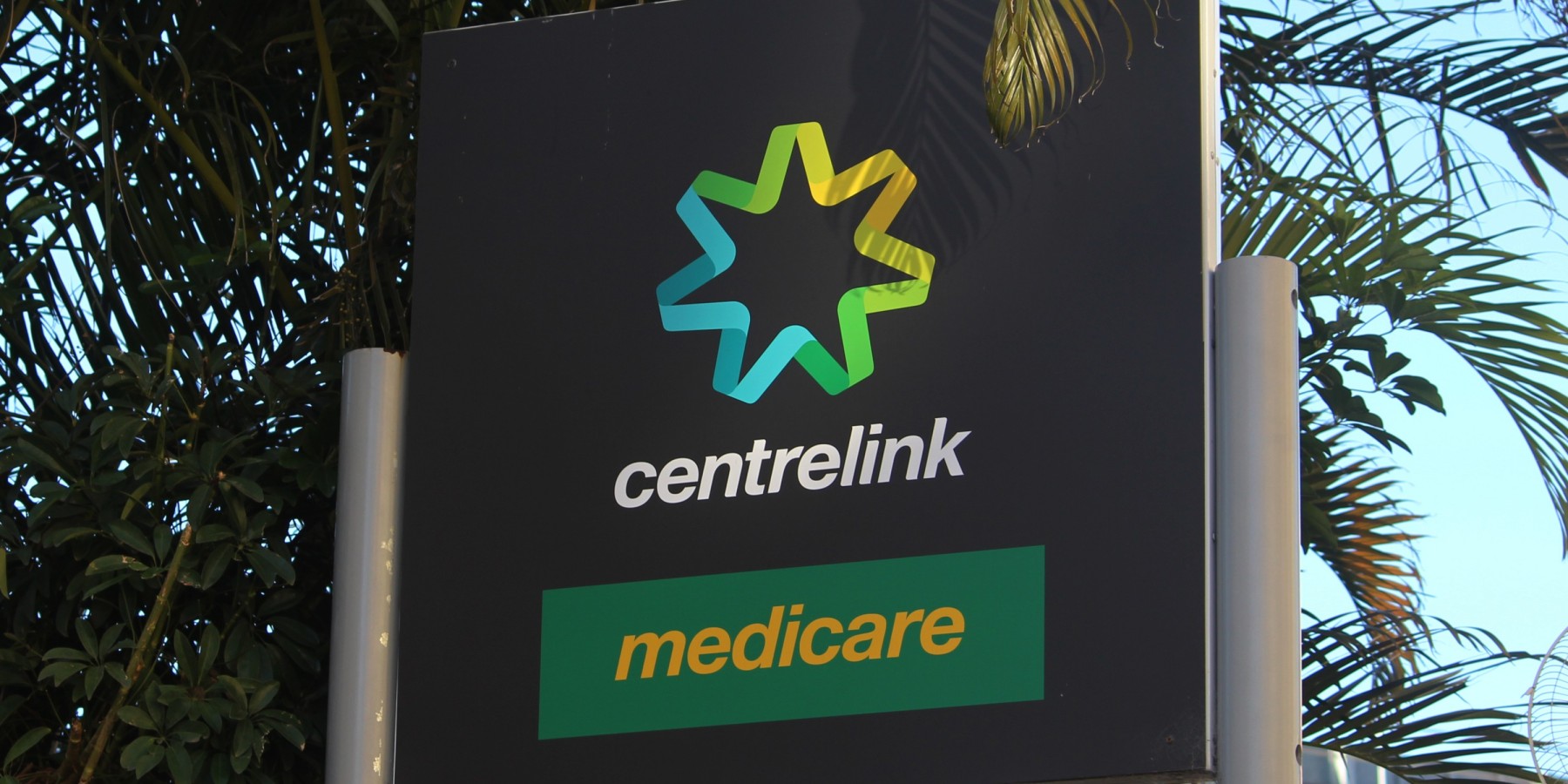
Medicare is Australia’s national healthcare system. It was launched some 40 years ago, in February 1984, to establish a basic level of health care for all Australians.
Eligible citizens, residents and expats enrolled in Medicare are entitled to coverage of some or all of their necessary health care costs.
Bulk Billing
Bulk billing is a payment system that passes on the full medical cost of your appointment or treatment to Medicare. This means you don’t have to pay your health professional upfront; rather, they bill Medicare and accept the set Medicare benefit as full payment for the service.
Example:
You are enrolled in the Medicare program and have an appointment to see your GP for a check up.
-
If your doctor provides a bulk billing service, all costs are covered meaning you won’t need to pay at all.
-
If your doctor doesn’t bulk bill, you’ll be required to pay part or all of the cost. If you pay for the service in full you can make a claim for a partial refund, or in some instances, the doctor will make a claim on your behalf.
Not all health professionals bulk bill, but finding a bulk billing practice is easy - simply use the find a health service tool.
What medicare covers
Medicare subsidises the costs of:
Medicare also covers diagnostic imaging services including:
What medicare doesn’t cover
Medicare does not cover the costs of:
Private health insurance policies often cover a portion of the costs that Medicare doesn’t.
Gap payments
While Medicare and private health insurance cover a lot of the out-of-pocket costs associated with healthcare, it’s important to remember that not all costs are covered.
When there is an outstanding cost after all rebates and refunds have been applied, this is known as the gap payment.
While the Australian Government has a suggested price list for treatments and medications, doctors are not obligated to follow it.
In the instance that a doctor charges more, and your medicare and private health won’t cover the total cost, you will be required to pay the ‘gap’.
NOTE: Some insurers do offer gap cover as a solution to this, however not every treatment is covered.

Average healthcare costs
With rising healthcare costs, more and more Australians are finding themselves in the position of paying for out-of-pocket costs.
The recommended fee for a standard GP appointment (less than 20 minutes) was recently increased to $105 and a recent report by Cleanbill showed that Australian practices were charging more for consults with less and less bulk billing services available.
In fact the 2025 Blue Report showed an average out-of-pocket expense of more than $40 in every state and territory.
Fewer than 1 in 4 Australian GP clinics offer bulk billing to all adults through Medicare in 2024, and this number has fallen by over 8 percentage points on a clinic-by-clinic basis in just the last year. 482 clinics which bulk billed all patients at the start of the year had stopped by November 2024.
Currently a GP consultation has an average out-of-pocket cost of $43.83, whereas a visit to hospital costs over $650, and much more if a patient is admitted.
Where a doctor charges the total recommended fee of $105, patients pay up to $62 out-of-pocket for a consultation.
Example general practitioner’s fees:
| Standard consultation | Cost |
| Doctor’s consultation fee | $110 |
| Medicare Schedule fee | $42.10 |
| Medicare rebate to patient (100% of Schedule fee) | $42.10 |
| Out-of-pocket expense to patient | $62.90 |
Is private healthcare worth it in Australia?
Is it worth getting private healthcare in Australia? The short answer is yes.
While the public system (Medicare) covers a chunk of core health and medical costs, gap payments seem to be increasing. There can also be lengthy waiting times involved for treatments and procedures - in some cases patients wait years for elective surgeries.
In some instances waitlists can be so long that patient wait times for elective surgeries and procedures can be months or even years.
Another point of consideration is that in Australia, the public health service does not cover all types of care - eyeglasses, dental work and ambulance care are all services that come at the cost of the individual (to name a few).
In contrast, private insurance providers offer full or partial coverage under these categories of care - making it a very attractive option for many Australian residents.
Finally, the Australian government actively encourages anyone who earns above a certain threshold to get private health insurance. If these ‘high earners’ choose not to take out additional insurance, they are subjected to the medicare levy.
The medicare levy surcharge explained
The Medicare Levy Surcharge (MLS) is in place to ensure that individuals and households that earn more, pay more for their healthcare.
Individuals pay a surcharge if they earn over AUD $96,000 per year or if they have a combined family income of AUD $192,000 per year.
The surcharge is between 1% and 1.5% of annual income in addition to the standard 2% levy which is applied to everyone who earns more than $30,000 per year.
| Threshold | Base Income Tier | Income Tier 1 | Income Tier 2 | Income Tier 3 |
| Single person threshold | $97,000 or less | $97,001 – $113,000 | $113,001 – $151,000 | $151,001 or more |
| Family threshold | $194,000 or less | $194,001 – $226,000 | $226,001 – $302,000 | $302,001 or more |
| Surcharge | 0% | 1% | 1.25% | 1.5% |
Source: ATO
High earners are exempt from paying the MLS if they take out private health insurance. This system is designed to reduce the pressure on public healthcare while ensuring everyone has adequate access to care.
Do Aussie expats have to pay for public healthcare?
You can enrol in Medicare and access its reduced costs and benefits if you live in Australia and you are:
You may be able to enrol if you’re visiting from a country with a Reciprocal Health Care Agreement.
Reciprocal Health Care Agreements
If you’re visiting Australia from any of the following countries with reciprocal agreements you may be eligible for medical care under Medicare.
Emergency care in Australia

Most public hospitals in Australia are equipped with an emergency department, along with specialist doctors and health professionals. Visits to public hospital emergency departments are free for individuals enrolled in Medicare, while private hospitals incur a fee.
Hospital emergency departments in Australia will never turn you away. In an emergency medical situation, go to your nearest emergency department or call triple zero (000) immediately and ask for an ambulance.
Find your closest emergency department here.
There are nearly 700 public hospitals in Australia and more than 650 private hospitals in Australia. Typically public hospitals have emergency departments and private hospitals do not.
Accessing specialist care in Australia
Typically access to specialist care comes via a referral from your GP. These referrals will often have a category of urgency attached to them. Higher urgency referrals tend to get seen more quickly than lower categories.
For some elective specialist treatments wait times can extend over months or even years. For this reason, expats and Aussie citizens alike, tend to take advantage of private healthcare where you’re more likely to be seen quickly.
However, if you are prepared to wait and access a specialist as a public patient, the hospital/clinic may offer bulk-billing making it free or at a much lower cost.
Dental care in Australia
Dental examinations and treatments are not covered under Medicare. Some private insurance companies offer dental as an extra, but this cover doesn’t usually cover the entire cost.
However, children in public schools have access to free scheduled dental visits between the ages of 4 and Year 10.
How does Australia’s healthcare system rank?
In the Commonwealth Fund healthcare report, the OECD (Organisation for Economic Co-operation and Development) ranked Australia in first place for healthcare and equity outcomes and third place for overall healthcare performance (behind Norway and the Netherlands).
The report compared countries across five performance areas:
This demonstrates that while Australia's health system isn’t perfect, it is still widely considered world-leading.
71% of Aussies are satisfied with the availability of quality healthcare
Access to healthcare in Australia
While Australia’s healthcare system ranks quite highly on the global scale it does have its own unique challenges. The entire population is considered covered for a core set of health services, but the country’s large size means that patients in more rural or remote regions have limited healthcare options compared to those living in urban areas.
If you’re planning a move to Australia or to a new part of the country, this is definitely worth keeping in mind to ensure you always have access to the care you need.
Australian health statistics
How to enrol in Australian healthcare system - Medicare
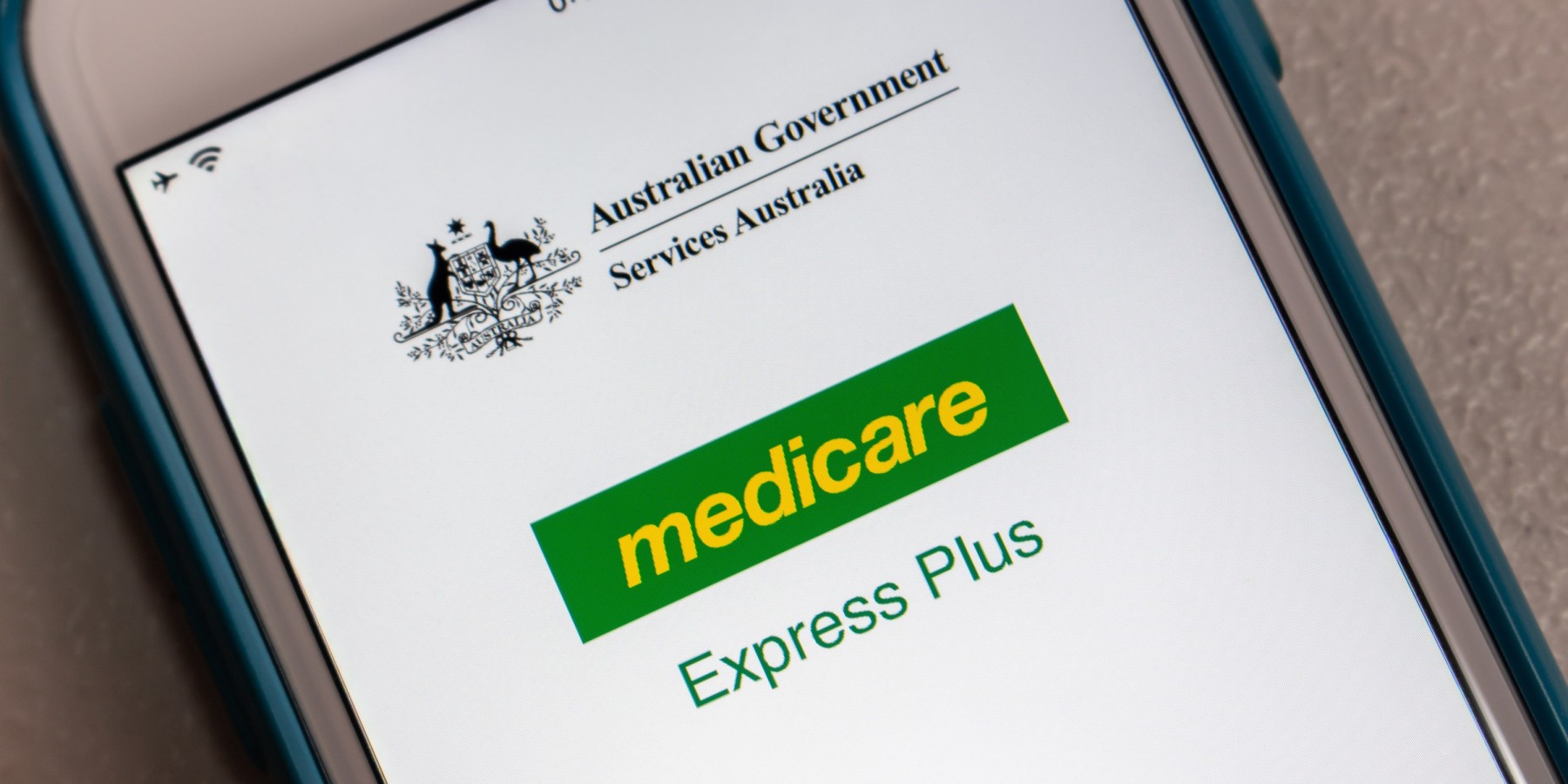
You can enrol in Medicare online or by completing a form and sending it to Medicare Enrolment Services or by email to mes@servicesaustralia.gov.au with ‘Enrolment’ as the email subject line. To enrol online you must live in Australia and be at least 15 years old.
Make a safer, healthier move to Australia
Where possible it’s always best to explore the accessibility of health care and your eligibility for Medicare before making your move to the land down under. That way you can touch down in your new home knowing every aspect of your family’s health and well-being will be taken care of.
And, while you’re working on that, Upmove can take care of all your removalist requirements, covering everything from entire home move to car tranport. We’ve got the best movers from across Australia with the best prices.
That’s less focus for you on moving logistics, and more time planning the exciting opportunities that Australia offers.
What do our customers say?






